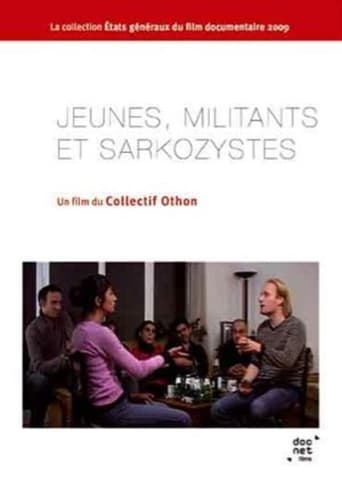
13 Feb 2008

Jeunes, Militants et Sarkozystes
No overview found
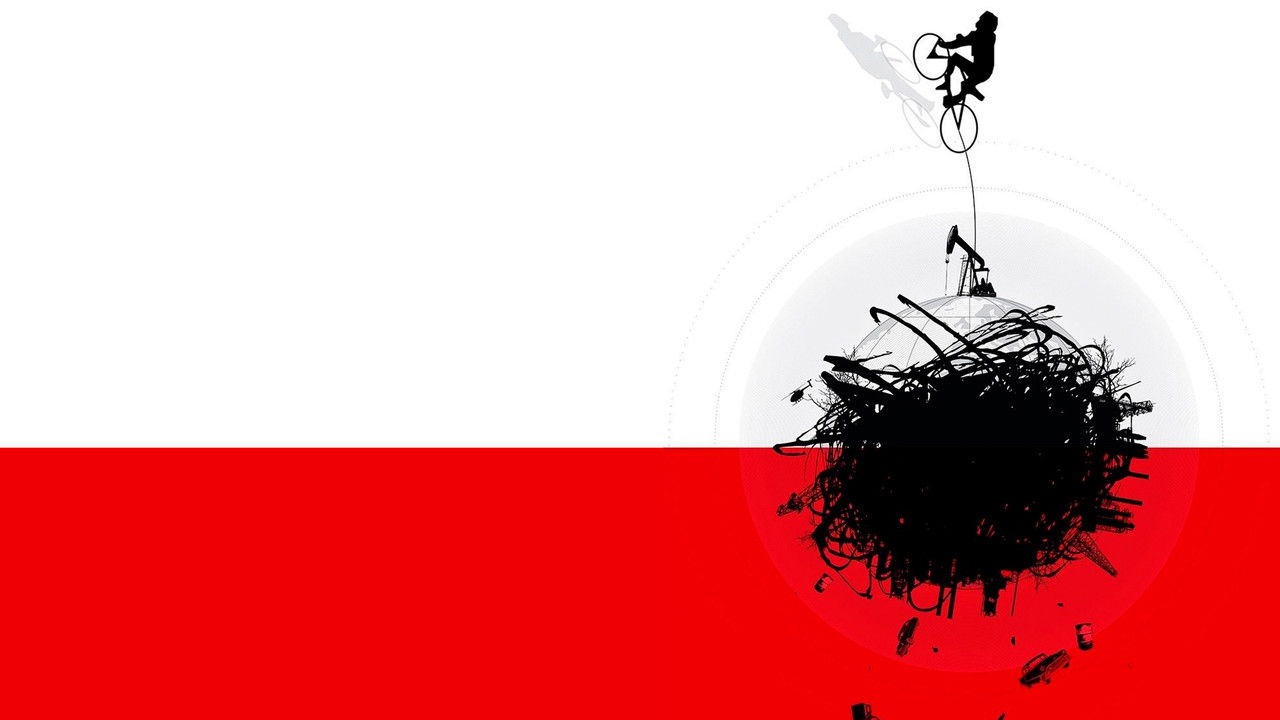
Bikes vs Cars depicts a global crisis that we all deep down know we need to talk about: Climate, earth's resources, cities where the entire surface is consumed by the car. An ever-growing, dirty, noisy traffic chaos. The bike is a great tool for change, but the powerful interests who gain from the private car invest billions each year on lobbying and advertising to protect their business. In the film we meet activists and thinkers who are fighting for better cities, who refuse to stop riding despite the increasing number killed in traffic.
Interviewpartner
Interviewpartner
Interviewpartner
Interviewpartner
Interviewpartner
Interviewpartner
Interviewpartner
Interviewpartner
Interviewpartner
Interviewpartner
Interviewpartner
Interviewpartner
Interviewpartner
Interviewpartner
Dans neugeborener Sohn

Self (archive footage)

13 Feb 2008

No overview found
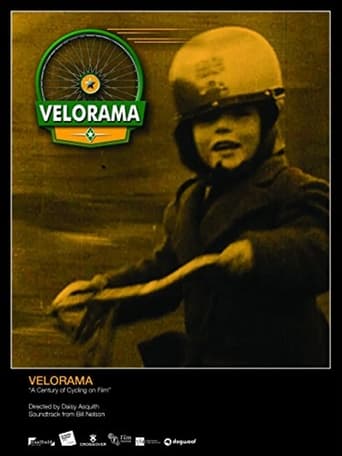
06 Jul 2014

Documentary looking at a century of cycling. Commissioned to mark the arrival of the 2014 Tour de France in Yorkshire, the film makes full use of stunning British Film Institute footage to transport the audience on a journey from the invention of the modern bike, through the rise of recreational cycling, to gruelling competitive races. Award-winning director Daisy Asquith artfully combines the richly-diverse archive with a hypnotic soundtrack from cult composer Bill Nelson in a joyful, absorbing watch for both cycling and archive fans.

05 Dec 2022

No overview found

01 Jan 1970

No overview found

24 Jan 2020

NIN E TEPUEIAN - MY CRY is a documentary tracks the journey of Innu poet, actress and activist, Natasha Kanapé Fontaine, at a pivotal time in her career as a committed artist. Santiago Bertolino's camera follows a young Innu poet over the course of a year. A voice rises, inspiration builds; another star finds its place amongst the constellation of contemporary Indigenous literature. A voice of prominent magnitude illuminates the road towards healing and renewal: Natasha Kanapé Fontaine.
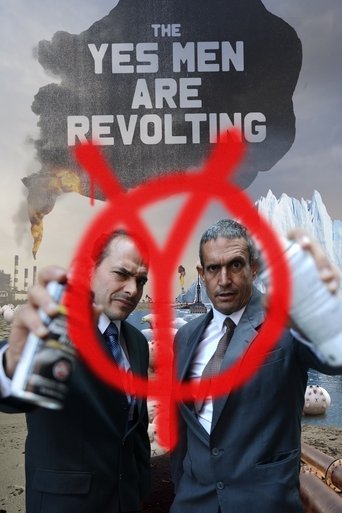
04 Sep 2014

Activist-pranksters Andy Bichlbaum and Mike Bonnano pull the rug out from under mega-corporations, government officials and a complacent media in a series of outrageous stunts designed to draw awareness to the issue of climate change.
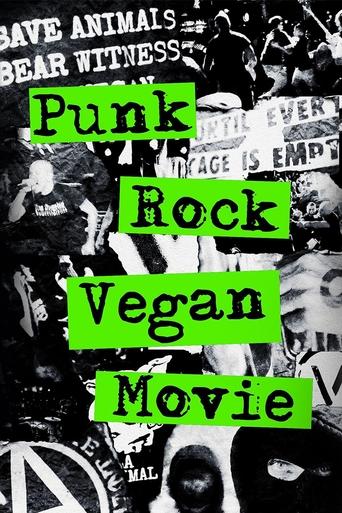
25 Jan 2023

The ongoing relationship between the worlds of punk rock and animal rights and how the music became a breeding ground for vegan activism.
A solo bikepacking adventure across Iceland.
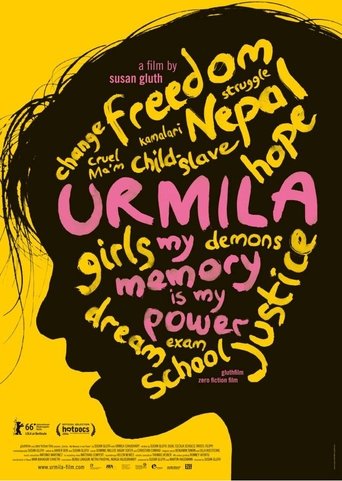
26 May 2016

The film tells the story of 25-year-old Urmila Chaudary from Nepal. At the age of six she was sold by her family and was forced to work as a slave under appalling conditions for 12 years. Her dream is to end child slavery in Nepal. To this end she fights today as a freedom activist. A film about the quest for justice with a strength that gives courage and hope.
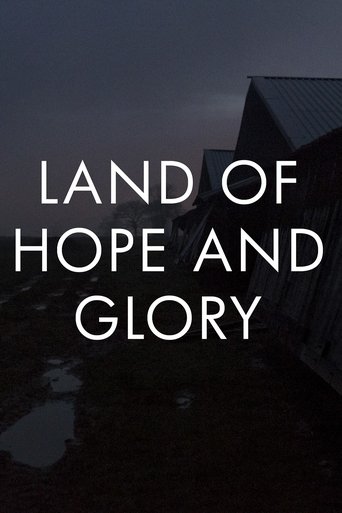
02 Aug 2017

In 2005, a film called Earthlings became the most pivotal documentary of the animal rights movement. Here in the UK however, we found the phrase "that doesn't happen in our country" coming up far too much. We wanted to set the record straight. Through Land of Hope and Glory we aim to show the truth behind UK land animal farming by featuring the most up to date investigations as well as never before seen undercover footage, with a total of approximately 100 UK facilities featured throughout the film.

01 Nov 2015

A documentary account by award-winning filmmaker John Ferry of the events that led up to the 1969 Native American occupation of Alcatraz Island as told by principal organizer, Adam Fortunate Eagle. The story unfolds through Fortunate Eagle's remembrances, archival newsreel footage and photographs.

19 Sep 2024

After their hunger strike in Berlin's government district, 5 climate activists reunite. While Lina has joined the "Last Generation," her comrades prepare for the eviction of Lützerath, a village facing demolition for mine expansion. How far will they go for their ideals?
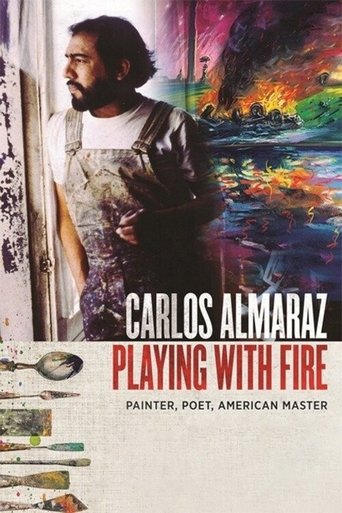
01 May 2019

Mixing archival footage with interviews, this film celebrates one of Los Angeles's most influential painters and Chicano art activists from the 1970s.
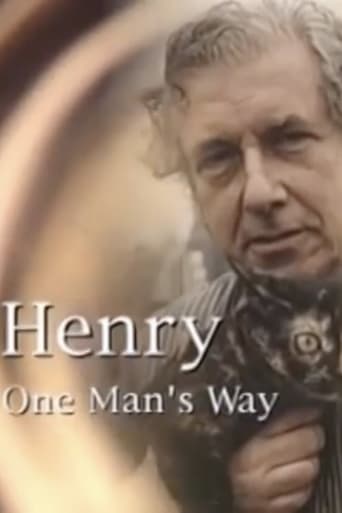
21 Oct 1996

One Man's Way is a 1996 documentary in which Peter Singer documents the efforts and philosophies of animal rights activist Henry Spira, who is often remembered as the most effective animal activist of the 20th century. Henry Spira is most notably known for his tireless efforts to expose the the cruel animal experimentation that goes on behind doors, especially in the cosmetic industry.
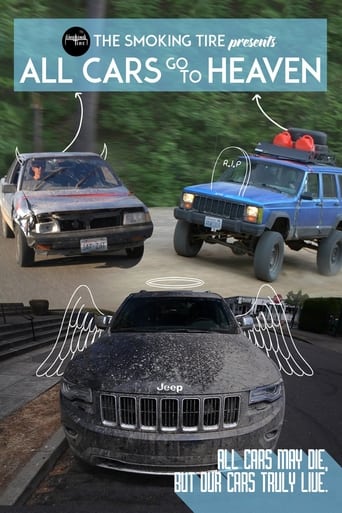
25 Apr 2014

Why did the team behind "The Smoking Tire" decide to drive 600 miles, off-road, in a cheap car that they bought over the phone? Is it because they have deep knowledge of outdoor survival and automotive maintenance? No. Definitely not. They did it because away from roads, street signs, people, and police, they would be free to experience every aspect of driving; the good, the bad, and the ugly. There's no one to say, "Don't stand on that moving car." or "Don't run into that." or, "That seems really stupid." If you love cars, total vehicular freedom is your idea of heaven. This series is about 4 guys testing the limits of automobiles, and bringing them to heaven.

15 Mar 2024

Wisconsin's tribe's ongoing fight to protect Lake Superior for future generations. "Bad River" shows the Bad River Band of Lake Superior Chippewa's long history of activism and resistance in the context of continuing legal battles with Enbridge Energy over its Line 5 oil pipeline. The Line 5 pipeline has been operating on 12 miles of the Bad River Band's land with expired easements for more than a decade. The Band and the Canadian company have been locked in a legal battle over the pipeline since 2019.
21 Jul 1961
A documentary portrait of Calcutta
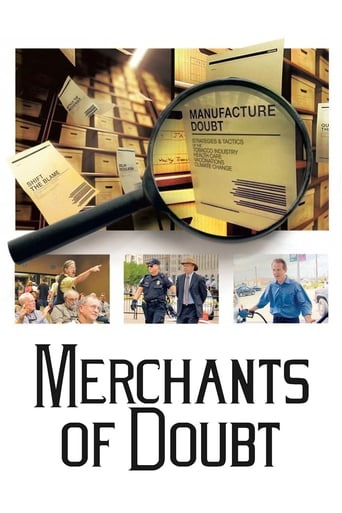
08 Nov 2014

Spin doctors spread misinformation and confusion among American citizens to delay progress on such important issues as global climate change.
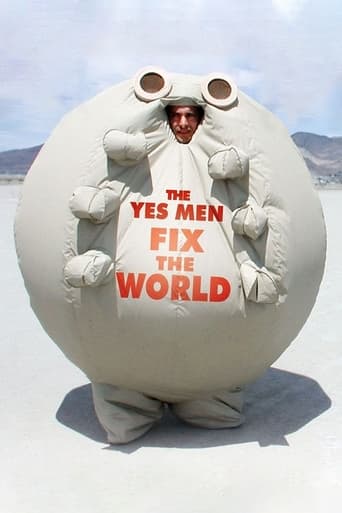
18 Jan 2009

THE YES MEN FIX THE WORLD is a screwball true story about two gonzo political activists who, posing as top executives of giant corporations, lie their way into big business conferences and pull off the world's most outrageous pranks.
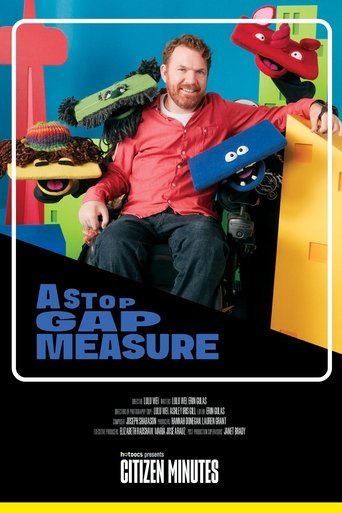
30 Apr 2025

When temporary solutions become the status quo, who gets left behind? A Stop Gap Measure follows disability activist Luke Anderson in his fight for accessibility to be a right, not a privilege.